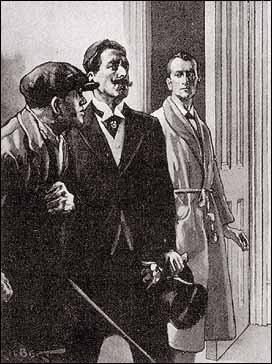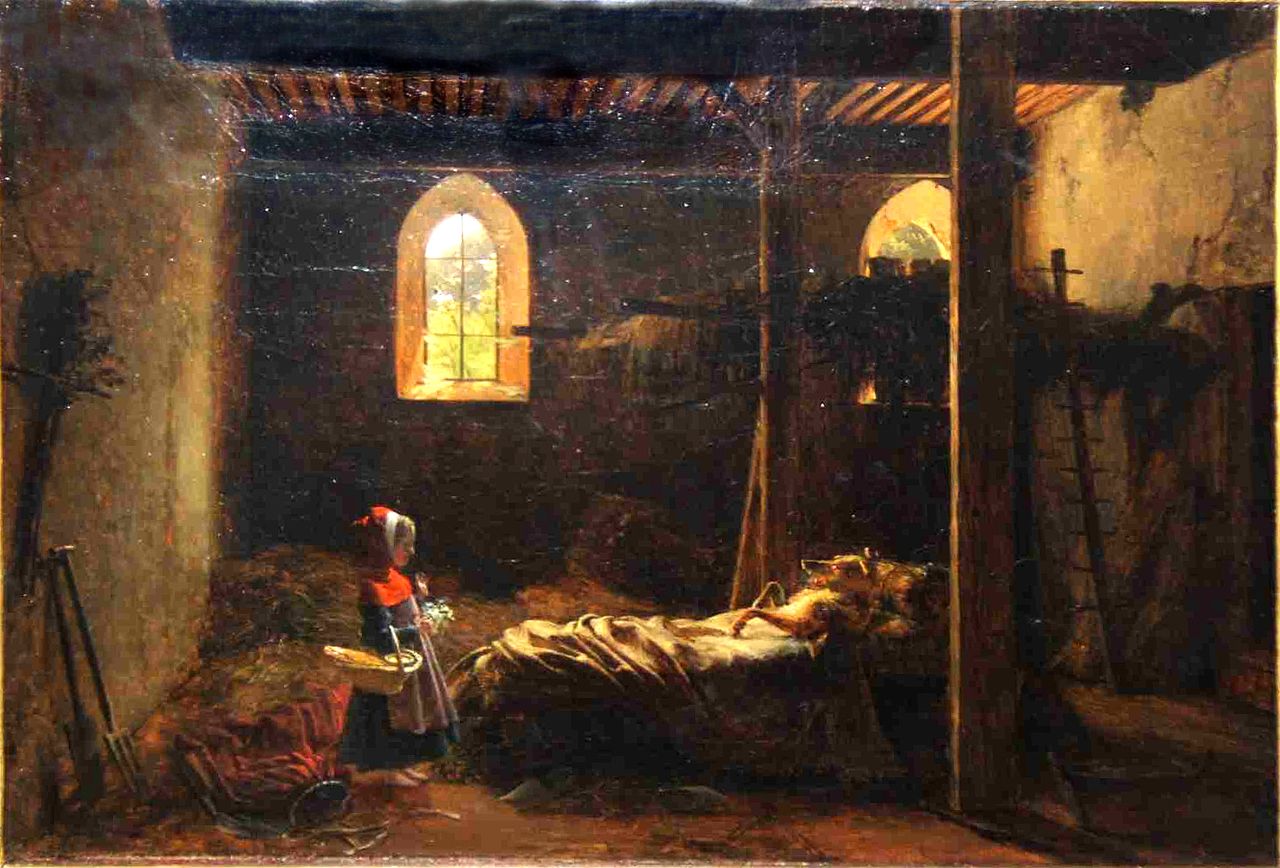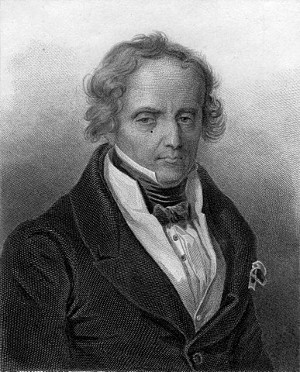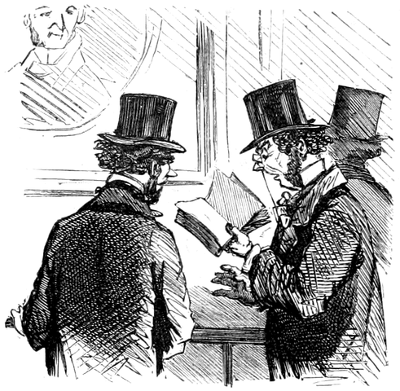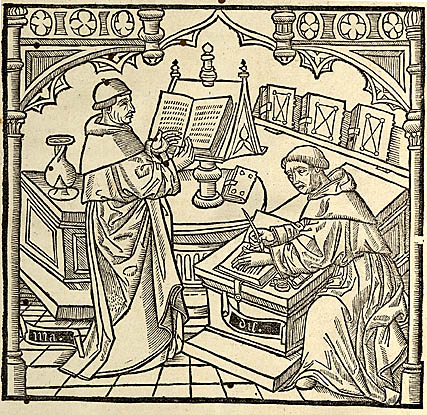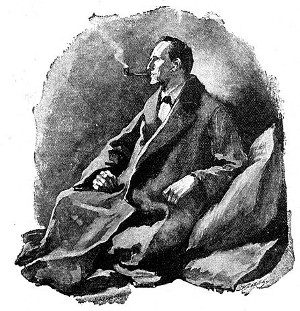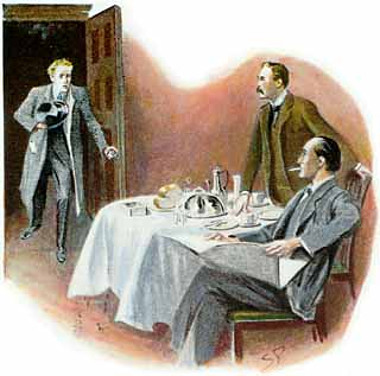The story of Little Red Riding Hood that we know was written by Charles Perrault in 1697, but he based it on an oral tradition from the Middle Ages, adapting it to suit the social and aesthetic standards of an upper-class audience. Here’s the folktale that Perrault’s mother would have known, The Story of Grandmother, as told by Louis and François Briffault in 1885:
There was a woman who had made some bread. She said to her daughter: ‘Go carry this hot loaf and a bottle of milk to your granny.’
So the little girl departed. At the crossway she met bzou, the werewolf, who said to her:
‘Where are you going?’
‘I’m taking this hot loaf and a bottle of milk to my granny.’
‘What path are you taking,’ said the werewolf, ‘the path of needles or the path of pins?’
‘The path of needles,’ the little girl said.
‘All right, then, I’ll take the path of pins.’
The little girl entertained herself by gathering needles. Meanwhile the werewolf arrived at the grandmother’s house, killed her, put some of her meat in the cupboard and a bottle of her blood on the shelf. The little girl arrived and knocked at the door.
‘Push the door,’ said the werewolf, ‘it’s barred by a piece of wet straw.’
‘Good day, granny. I’ve brought you a hot loaf of bread and a bottle of milk.’
‘Put it in the cupboard, my child. Take some of the meat which is inside and the bottle of wine on the shelf.’
After she had eaten, there was a little cat which said: ‘Phooey!’
A slut is she who eats the flesh and drinks the blood of her granny. ‘Undress yourself, my child,’ the werewolf said, ‘and come lie down beside me.’
‘Where should I put my apron?’
‘Throw it into the fire, my child, you won’t be needing it any more.’
‘And each time she asked where she should put all her other clothes, the bodice, the dress, the petticoat, and the long stockings, the wolf responded:
‘Throw them into the fire, my child, you won’t be needing them any more.’
When she laid herself down in the bed, the little girl said:
‘Oh, Granny, how hairy you are!’
‘The better to keep myself warm, my child!’
‘Oh, Granny, what big nails you have!’
‘The better to scratch me with, my child!’
‘Oh, Granny, what big shoulders you have!’
‘The better to carry the firewood, my child!’
‘Oh, Granny, what big ears you have!’
‘The better to hear you with, my child!’
‘Oh, Granny, what big nostrils you have!’
‘The better to snuff my tobacco with, my child!’
”Oh, Grannny, what a big mouth you have!’
‘The better to eat you with, my child!’
‘Oh Granny, I’ve got to go badly. Let me go outside.’
‘Do it in the bed, my child.’
‘Oh, no, Granny, I want to go outside.’
‘All right, but make it quick.’
The werewolf attached a woolen rope to her foot and let her go outside. When the little girl was outside, she tied the end of the rope to a plum tree in the courtyard. The werewolf became impatient and said: ‘Are you making a load out there? Are you making a load?’
When he realized that nobody was answering him, he jumped out of bed and saw that the little girl had escaped. He followed her but arrived at her house just at the moment she entered.
In the Middle Ages little children might be attacked and killed by animals or supernatural creatures; Perrault transformed a “warning tale” into a “civilized” story to entertain children and adults of the educated classes. French folklorist Paul Delarue wrote, “The common elements which are lacking in the literary story are precisely those which would have shocked the society of his epoch by their cruelty (the flesh and blood of the grandmother devoured by the child), their puerility (the path of needles and the path of pins) or their impropriety (the question of the little girl about the hairy body of the grandmother). And it appears likely that Perrault eliminated them, while preserving a folk flavor and freshness in the tale which have made it an imperishable masterpiece.”


